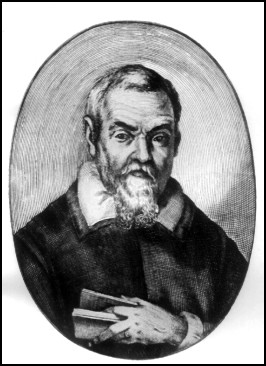- Sanctorius
Infobox Scientist
name = Sanctorius
box_width =
image_width =150px
caption = Engraving of Sanctorius of Padua
birth_date =March 29 1561
birth_place =Koper
death_date =February 22 1636
death_place =Venice
residence =
citizenship =
nationality =Italy
ethnicity =
field =
work_institutions =
alma_mater =
doctoral_advisor =
doctoral_students =
known_for =
author_abbrev_bot =
author_abbrev_zoo =
influences =
influenced =
prizes =
religion =
footnotes =
Santorio Santorio (March 29 1561 Koper –February 22 1636 Venice ), also called Santorio Santorii, Sanctorius of Padua, and various combinations of these names, was an Italianphysiologist ,physician , andprofessor . From 1611 to 1624 he was a professor atPadua where he performed experiments intemperature , respiration andweight . Sanctorius studied what he termed "insensible perspiration" and originated the study ofmetabolism .For a period of thirty years Sanctorius weighed himself, everything he ate and drank, as well as his
urine andfeces . He compared the weight of what he had eaten to that of his waste products, the latter being considerably smaller. He produced his theory of "insensible perspiration" as an attempt to account for this difference. His findings had little scientific value, but he is still celebrated for hisempirical methodology. The "weighing chair ", which he constructed and employed during this experiment, is also famous.He is credited with the design of the clinical
thermometer , which he introduced in his "Sanctorii Sanctorii Commentaria in primam fen primi libri Canonis Avicennae", a commentary on Avicenna's "The Canon of Medicine ". He invented a device which he called the "pulsilogium" for measuring the pulse which was the first machine system in medical history. A century later another physician, de la Croix, used the pulsilogium to test cardiac function. Sanctorius also invented an earlywaterbed . In 1614, he wrote "De statica medicina", a medical text that saw five publications through 1737.References and external links
* [http://www.scienceandsociety.co.uk/results.asp?
] at the Science & Society Picture Library.
* The first man/machine interaction in medicine: the pulsilogium of Sanctorius of Padua, J. Levett and G. Agarwal, "Medical instrumentation" 13 (Jan.-Feb. 1979), #1, 61–63. [http://www.ncbi.nlm.nih.gov/entrez/query.fcgi?cmd=Retrieve&db=PubMed&list_uids=370523&dopt=Abstract Abstract at PubMed]
* [http://www.infoplease.com/ce6/people/A0843386.html Sanctorius] in the "Columbia Electronic Encyclopedia" (via Infoplease.)
* [http://galileo.rice.edu/sci/santorio.html Santorio Santorio] at The Galileo Project
Wikimedia Foundation. 2010.
